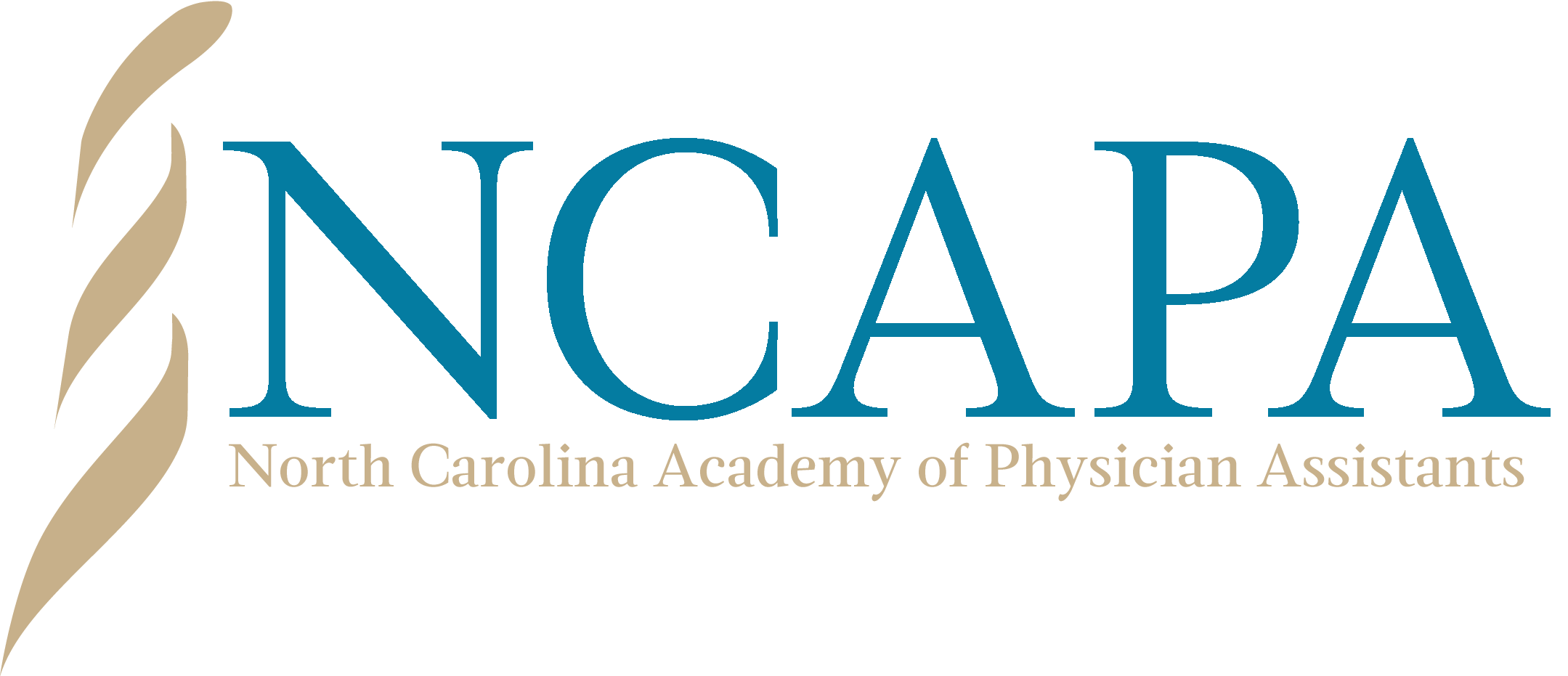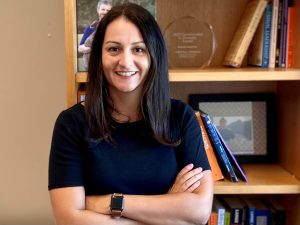Tell us about your background (PA School, work area, pre-PA school info, etc):
I went to Duke University’s PA program, Class of 2011 and work as an assistant professor at Campbell University’s PA Program. After graduation and until now, I have worked as a Family Medicine PA in Moncure, North Carolina. My patient panel consists of mostly Spanish speaking patients – generation to generation, of moms and their babies, grandparents, aunts and uncles. After working a the same clinic for most of my time as a PA, I transitioned to an assistant professor position at Campbell University. There, I am able to teach the next generation of PAs how to practice culturally competent care and curate their own inclusive practice of medicine.
What inspired you to become a PA?
Like most students in medicine, I was intrigued by the ability to become a healer and fascinated by the human body. I knew I wanted to go into medicine during my time as an undergraduate student at UNC Chapel Hill. I was particularly interested in the intersection of culture and medicine and my double major reflected that: Anthropology and Biology. I wasn’t sure how I would incorporate the two at the time, but knew it was worth studying. After undergraduate, I went to George Washington University for a Masters in Public Health. There I studied international health at first, and then community oriented primary care. I didn’t realize it but I was getting closer to my goal. I met several PA students in my program that introduced me to the profession and my academic advisor was a doctor who encouraged me to pursue a career in a federally qualified health center. At an FQHC, I could work with many different cultures and improve health on an individual and population health level.
What is a health issue the Hispanic/LatinX community is facing that other PAs may not know about? If so, what solutions to you see for addressing this issue?
Other PAs may or may not identify with issues surrounding microaggressions for the Hispanic/LatinX community. Small, seemingly inconsequential comments from health care workers take a toll on patients’ comfort level with seeking care. In the spirit of cultural humility, if you are providing care to these populations – take the time to learn about their lives, their family and their culture and some of the major issues they are currently facing.
What is your hope for PA practice in North Carolina?
My hope is that as PAs in North Carolina, we continue to be leaders in the PA profession. Showing other states and countries -what PAs can do and being an example for how to overcome barriers. I hope that we learn from our PA predecessors, specifically those PAs that have forged the path for us and continue to put the work in growing our profession.
What do you love most about being a PA?
As a clinician, I love the fact that I can walk alongside and support families as they face some of the happiest news of their lives and some of the saddest news of their lives. As an educator, I love that I can help shape the minds of future PAs and help them understand the importance of the role they place in patients’ lives.
Anything else you would like to share:
I would like to share that I have been a part of NCAPA since I graduated from PA school about 11 years ago. They have maintained a constant interest in the lives of PAs in North Carolina and advocated for us in times of need. Taking the time to understand and hear from a Latina who is a PA shows their dedication to representing each of us within the state and ensuring our voice is heard. I’m incredibly proud and grateful to be a part of NCAPA.


